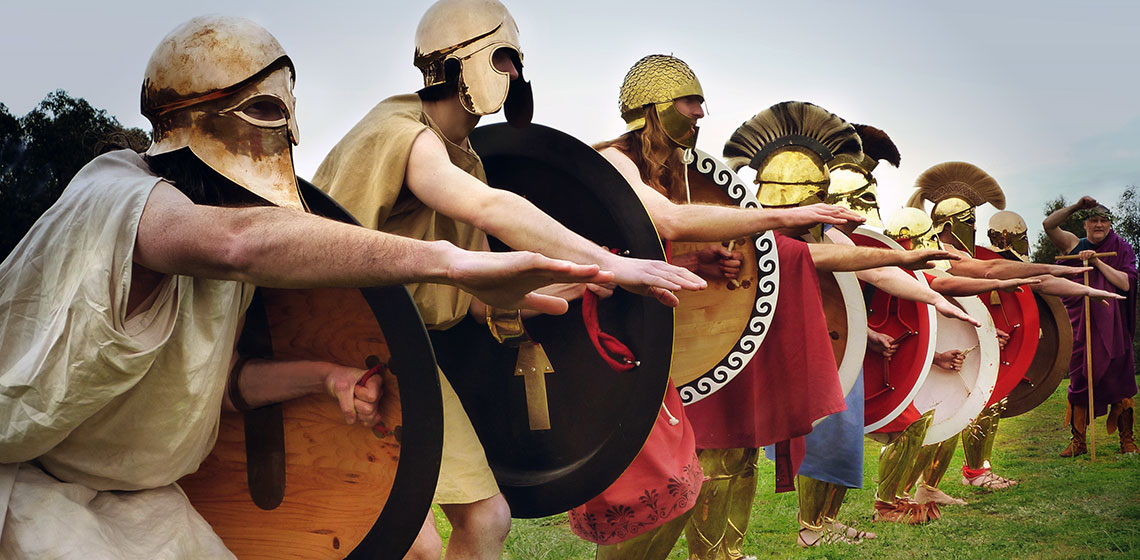Archeopark Zivá archeológia Hanusovce (SK)
Archaeology and history of Eastern Slovakia is represented in the Archeopark with five dwellings re-constructed on the base of archaeological findings from the Palaeolithic to the Early Middle Ages.
The Archeopark illustrates with five dwellings the history of the region from the Palaeolithic to the Early Middle Ages.









